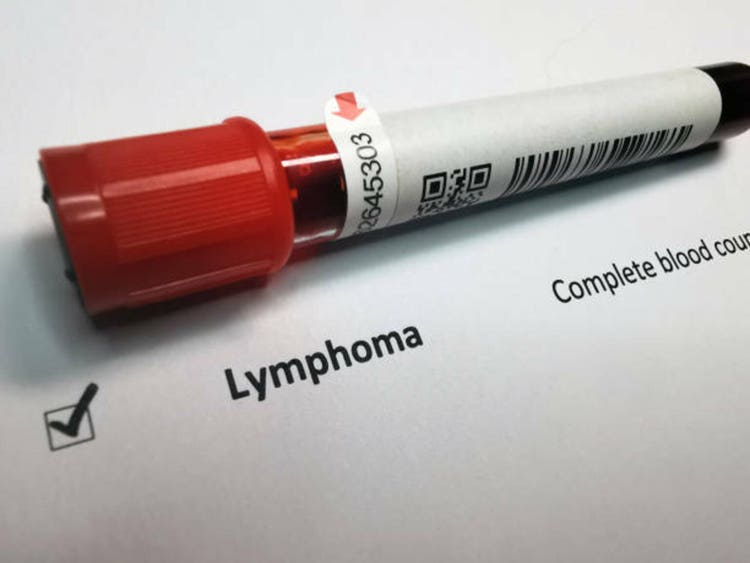Nearly three years ago, Niki Mock, founder of the nonprofit FurnishHopeDC, posted a message on Nextdoor, explaining that she was looking for a gently used bunk bed for a low-income family in Washington, D.C. Not having enough beds meant the family was sleeping on the floor. She recalls receiving a response: “‘I’ll buy one.’”
The message had CEO-style brevity because it came from one: Julie Sweet, chief executive of the consulting firm Accenture. Sweet spends her days advising some of the world’s most influential corporate leaders and running a company with more than 770,000 employees. And on many days, she also makes time for FurnishHopeDC, a community organization that gives new and gently used household goods to families in need of them who live in DC’s Ward 7 and Ward 8.
FurnishHopeDC has outfitted more than 900 homes since it launched five years ago; in the past three years, Sweet is responsible for more than half of the homes the organization has served. She donates at least 10 twin beds, including mattresses and frames, per month to the charity, and has purchased more than 400 bedding bags, which each cost more than $200. Inside these bags are duvets or comforters, covers, sheet sets, pillow cases, pillows, squishmallows (for kids’ beds), and throws. Sweet also donates new, high-end beauty products, toys, and kitchen pots and pans, but most of her energy goes into bedding. “The sheets that she gives us, I swear, are higher quality than the sheets I sleep on,” says Mock.
 Accenture CEO Julie Sweet has focused some of her philanthropy on giving bedding to families who need it in the DC area.
Accenture CEO Julie Sweet has focused some of her philanthropy on giving bedding to families who need it in the DC area. Sweet’s focus on bedding is not random or merely a reflection of her personal obsession. The CEO, who grew up in a working-class household in California, sees bedding—and a good night’s sleep—as “critical for adults and kids to be able to be successful,” she told Fortune. A lovely, inviting bed, she said, gives people “a place of refuge each day.”
“[O]ften these families live in cramped quarters, and the only place they can call their own is their bed,” Sweet explained in an email. “Having a good quality bed allows them to sleep better, which is so important for health and being able to have a positive mindset and the strength to do the very hard things they must do.”
The sleep divide is real
Over the past several years, sleep has become a market worth hundreds of billions globally, populated by high-tech mattresses, data-collecting wearables, sleep apnea devices, and more. One-percenters who are busy optimizing every aspect of their diet and lifestyle with an eye to achieving more or living forever are happy to splurge on big-ticket sleep buys. And where CEOs once bragged about getting by with four hours of REM, they have now taken to the Gen Z trend of “sleep-maxxing.”
However, research has shown that not getting enough sleep is a larger problem for people who earn less and live in low-income neighborhoods, not stressed-out white collar workers and executives. The reasons for what some call the “great sleep divide” are varied and complex, but studies suggest that the culprits include stress, being unemployed, or working multiple jobs. Living in crowded circumstances, and in districts with high levels of light and noise pollution and fewer green spaces, can also play a role.
Research has validated a connection between cognitive function and good sleep habits. If you’re extremely sleep deprived, your brain functions about as well as someone who is drunk, which does not bode well for one’s performance at work or school. Having too little sleep can also tank a person’s mood and motivation. Over the long term, good sleep habits are correlated with healthy aging, and poor sleep is now seen as a risk factor for chronic illnesses like heart disease and, for adults in mid-life, dementia.
Meanwhile, the high cost of buying multiple beds and bedding can be a barrier to families outfitting a home, especially for those moving out of homelessness, who are among the families Mock’s nonprofit serves. This year, tariffs appear to be driving the costs of bedding even higher, since the vast majority of bed linens are manufactured overseas.
Better than money
Sweet shops online for bedding to donate and keeps an eye out for sales, Mock explains. “When she sees one, she calls and says, ‘How many of these would you like?’” When President Trump revealed his tariff plans, Sweet got in touch, wondering what she should buy before tariffs pushed prices higher.
The CEO is the only donor who always gives the organization brand new sheets, and the only one selecting prints featuring unicorns, cars, and rocket ships for children, and lush colors for adults. “I can tell she really enjoys that part, picking out the different designs and then imagining what child is getting what,” Mock says. “I have no idea when she has time to do this, because each bag is different.”
The nonprofit fields messages from Sweet at all hours of the day, even when it’s 2 or 3 a.m. in the timezone where Sweet is traveling.
Mock says she and her partner Adriane Herbert sometimes have to explain to people how to use a duvet and duvet cover, because they haven’t had one before, and she has had to convince Sweet to stop including dust ruffles, which can allow bed bugs, mice, and cockroaches to travel too easily.
Every time Mock is there to see a new bed put together, she snaps a photo and sends it to Sweet to show the real person on the receiving end.
“This is so much better than getting money,” says Mock. “She’s putting her time, effort, and obviously, money into it, but it’s really her heart and soul.”
This story was originally featured on Fortune.com

 1 hour ago
1
1 hour ago
1














 English (US) ·
English (US) ·